- Have any questions?
- +86-189 8930 5995
- sales@mosinterchem.com.cn
Trisodium Phosphate CAS 7601-54-9

Zinc Sulphate Heptahydrate CAS 7446-20-0
19/12/2018
Sodium nitrite CAS 7632-00-0
19/12/2018| Model: | MOS 7601-54-9 |
| Brand Name: | MOSINTER |
| CAS No.: | 7601-54-9 |
| molecular formula: | Na3O4P |
| molecular weight: | 163.94 |
| sensibility: | Hygroscopic |
Trisodium Phosphate(CAS: 7601-54-9)
| Item | Index |
| Appearance | White or colorless granular crystal |
| Content(based on Na3PO4·12H2O) %≥ | 98.0 |
| Phosphorus pentoxide (based on P2O5) %≥ | 18.3 |
| Sulfate (based on SO4) %≤ | 0.5 |
| Chloride (based on Cl) %≤ | 0.3 |
| Water insoluble %≤ | 0.10 |
| Methyl orange alkalinity
(based on Na2O) %≤ |
15.5-19 |
Trisodium phosphate (TSP) is the inorganic compound with the formula Na3PO4. It is a white,
granular or crystalline solid, highly soluble in water producing an alkaline solution. TSPs are used
as cleaning agent, lubricant, food additive, stain remover and degreaser.
The item of commerce is often partially hydrated and may range from anhydrous Na3PO4, to the
dodecahydrate, Na3PO4•12 H2O. Most often found in white powder form, it can also be called
trisodium orthophosphate or simply sodium phosphate. Trisodium phosphate was at one time
extensively used in formulations for a wide variety of consumer grade soaps and detergents, but
ecological problems have largely ended that practice, at least in the western world. Substitutes are
not as effective.
Uses
Cleaning
The major use for trisodium phosphate is in cleaning agents. The pH of a 1% solution is 12, and
the solution is sufficiently alkaline to saponify grease and oils. In combination with surfactants,
TSP is an excellent agent for cleaning everything from laundry to concrete driveways. This
versatility and low manufacturing price, made TSP the basis for a plethora of cleaning products
sold in the mid-20th century. TSP is still sold, and used, as a cleaning agent, but during the late
1960s its use has diminished owing to government regulations (see below).
TSP is commonly used after cleaning with mineral spirits in order to remove hydrocarbon residues
. TSP may be used with household chlorine bleach in the same solution without hazardous reactions.
This mixture is particularly good for removing mildew, but is ineffective at permanently removing mold.
Although it is still the active ingredient in some toilet bowl cleaning tablets, TSP is generally not good
for cleaning bathrooms, because it can stain metal and can damage grout.
Chlorinated trisodium phosphate
With the formula Na3PO4.¼ NaOCl.11 H2O, the material called chlorinated trisodium phosphate is
used as a disinfectant and bleach, like sodium hypochlorite. It is prepared using NaOCl in place of some
of the base to neutralize phosphoric acid.
Flux
In theU.S., trisodium phosphate is an approved flux for use in hard soldering joints in medical grade copper
plumbing. The flux is applied as a concentrated water solution and dissolves copper oxides at the temperature
used in copper brazing. Residues are water soluble and can be rinsed out before plumbing is put into service.
TSP is used as an ingredient in fluxes designed to deoxygenate nonferrous metals for casting. It can be used in
ceramic production to lower the flow point of glazes.
Painting enhancement
TSP is still in common use for the cleaning, degreasing and deglossing of walls prior to painting. TSP breaks the
gloss of oil based paints and opens the pores of latex based paint providing a surface better suited for the
adhesion of the subsequent layer.
Food additive
Sodium phosphates (monosodium phosphate, disodium phosphate, and trisodium phosphate) are approved as a
food additive in the EU; used as emulsifying agents, E339.
Exercise performance enhancement
Trisodium phosphate has gained a following as a nutritional supplement that can improve certain parameters
of exercise performance. The basis of this belief is the fact that phosphate is required for the energy-producing
Krebs cycle central to aerobic metabolism. Phosphates are available from a number of other sources that are
much milder than TSP. While TSP is not toxic per se, it is severely irritating to gastric mucosa unless used as
part of a buffered solution.
You must be logged in to post a review.
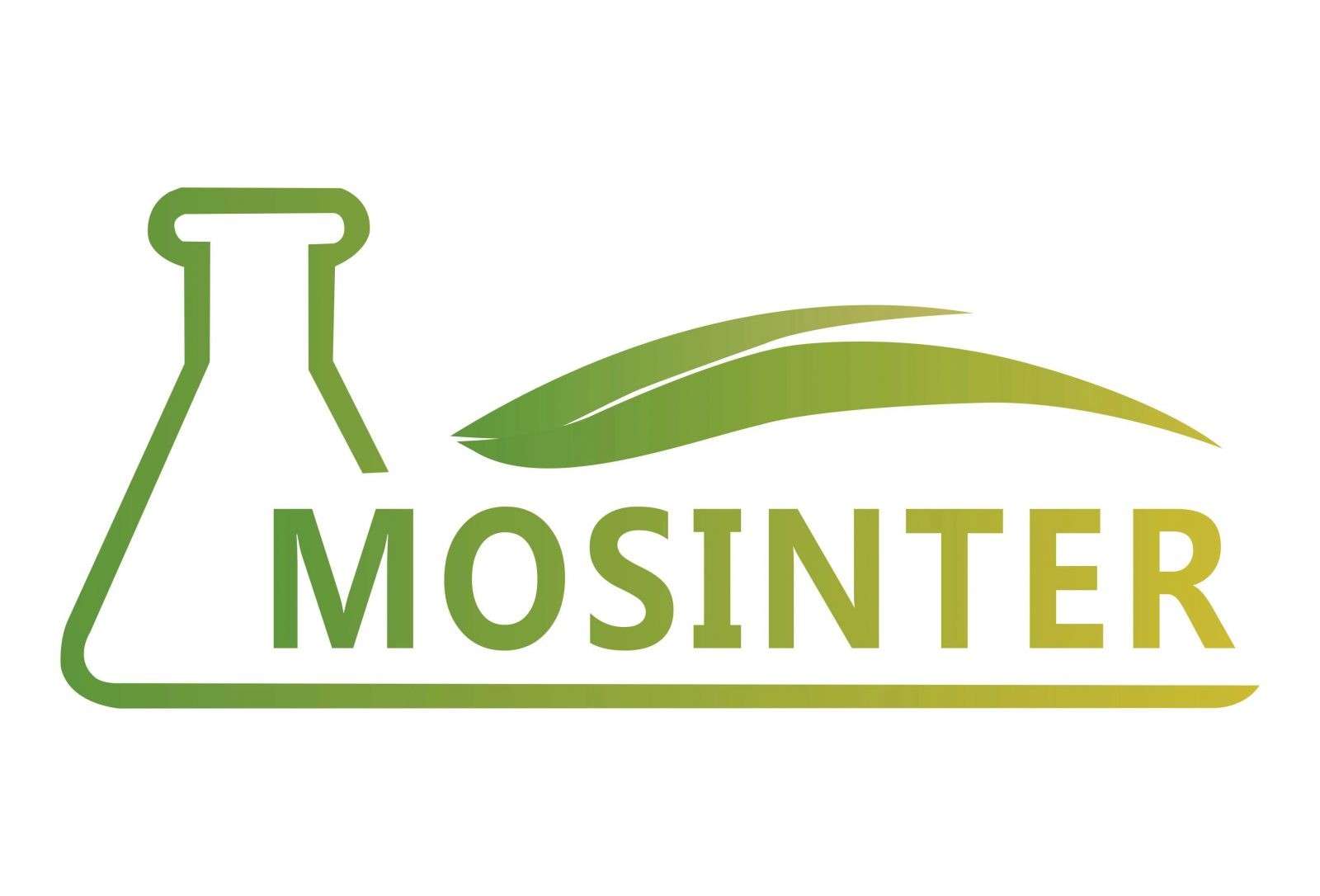
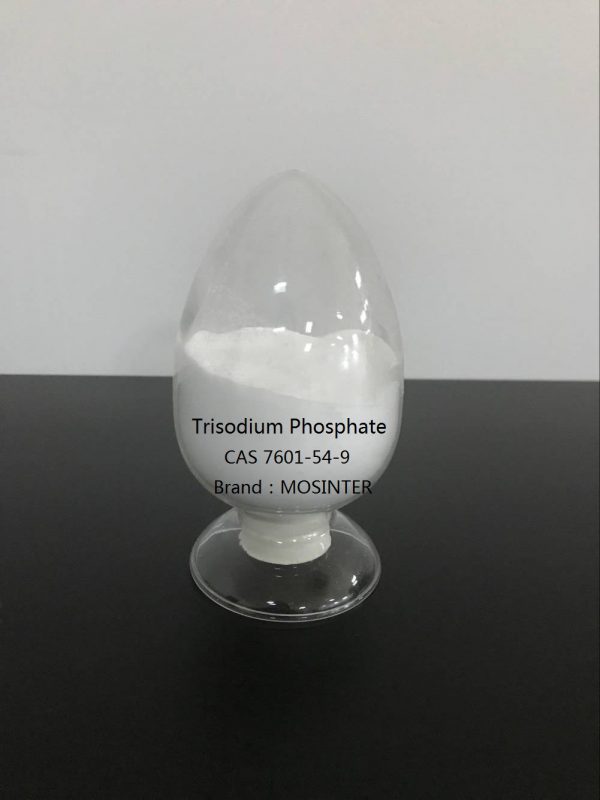
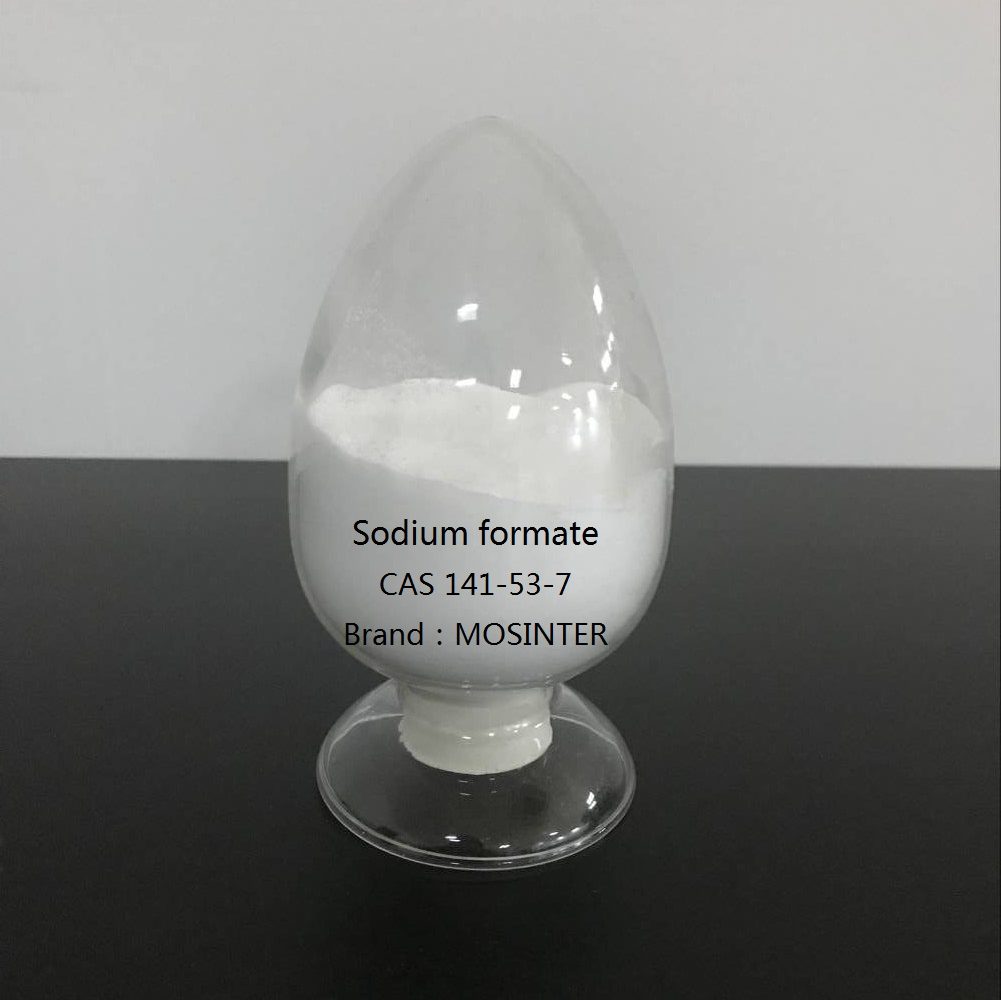
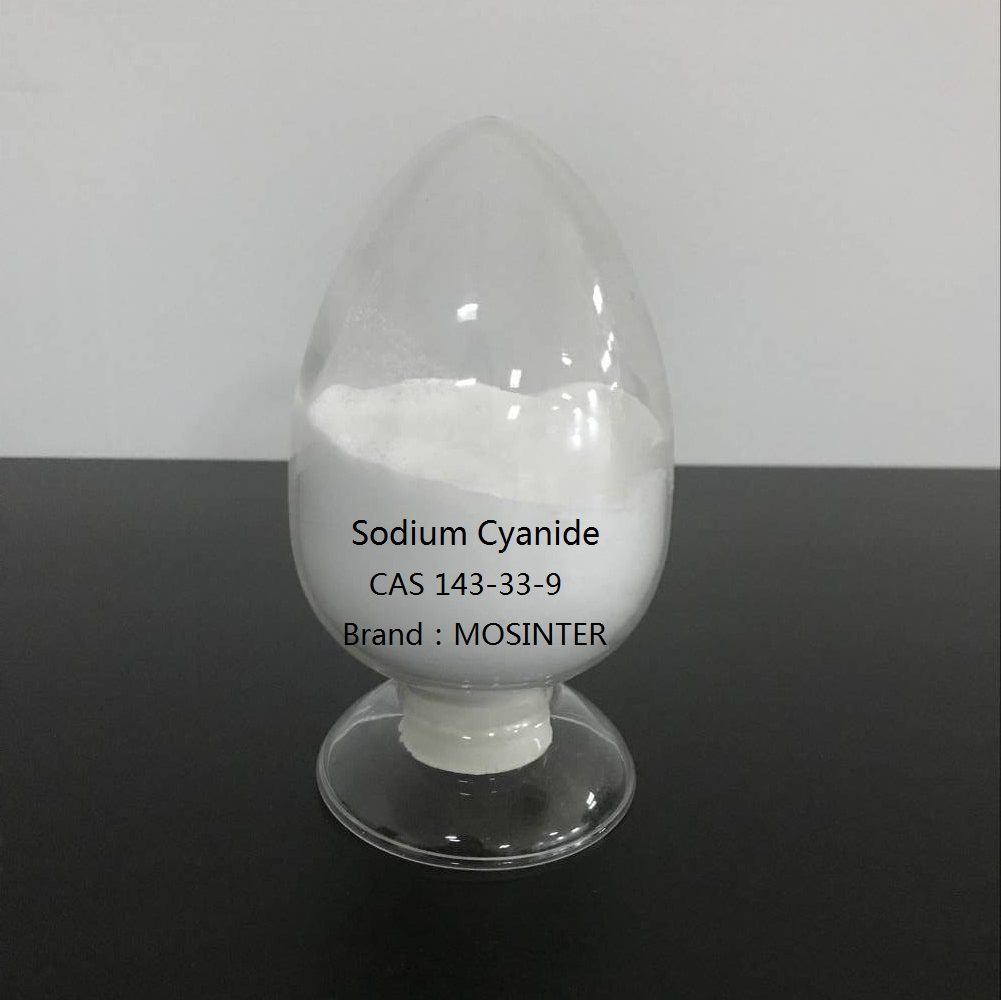
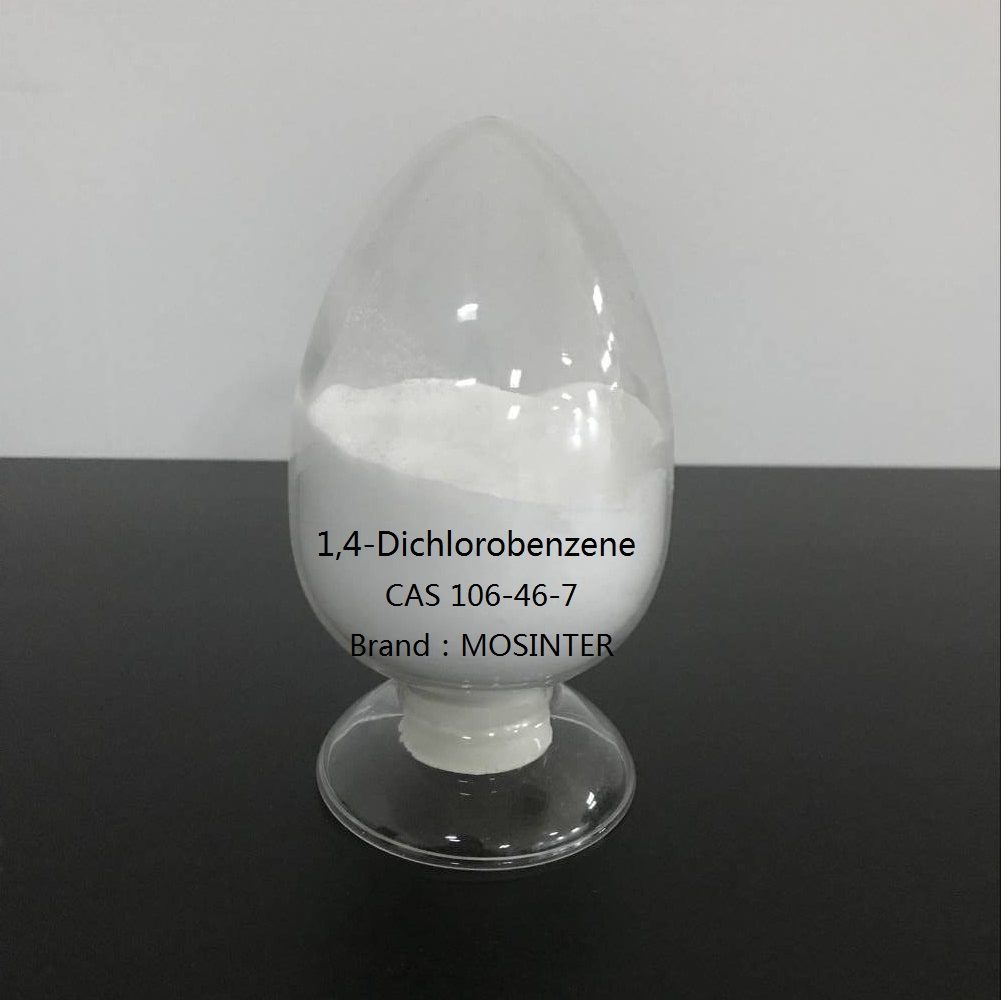
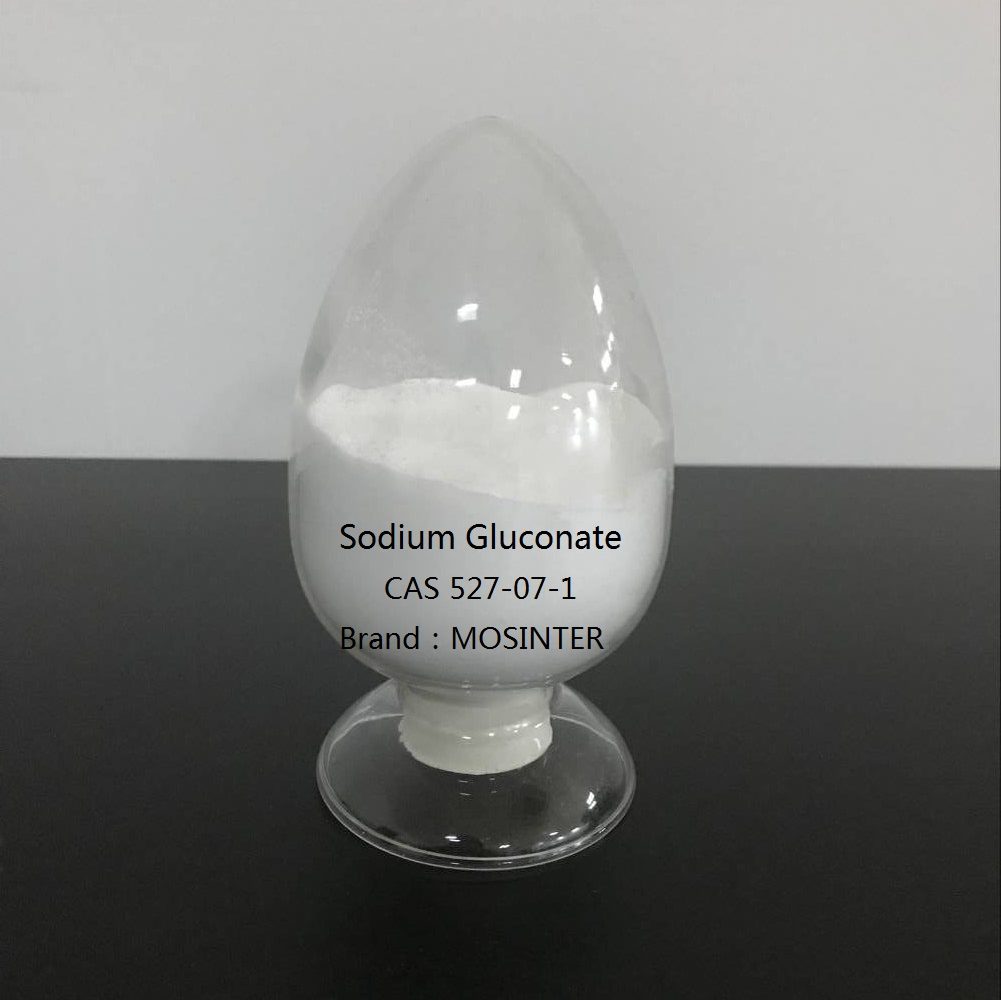
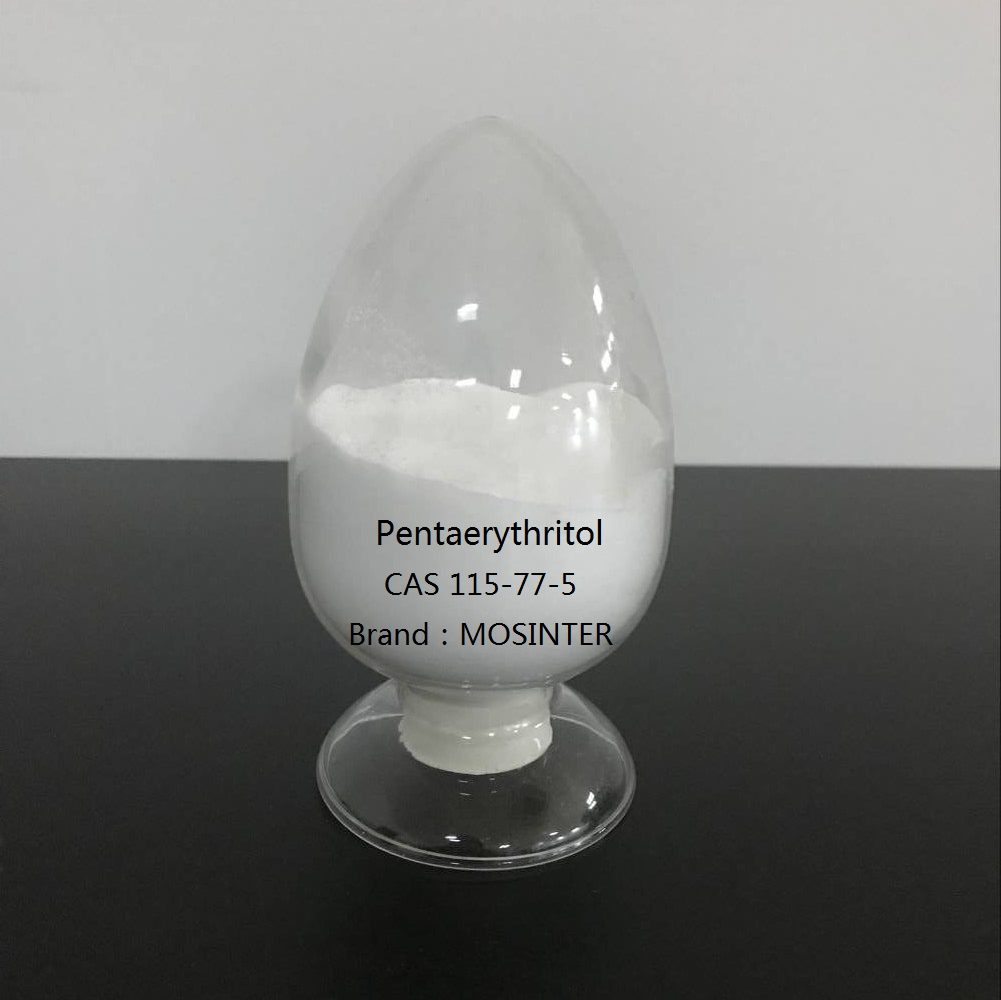
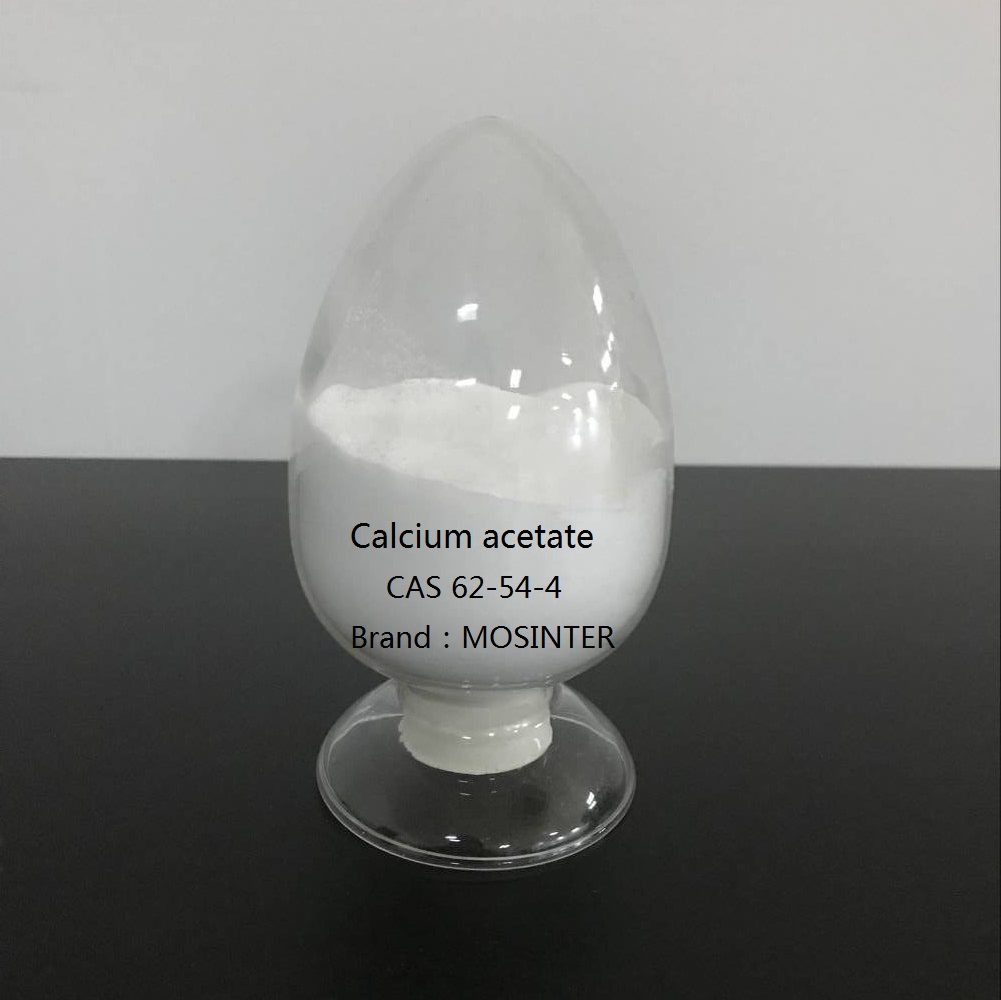
Reviews
There are no reviews yet.